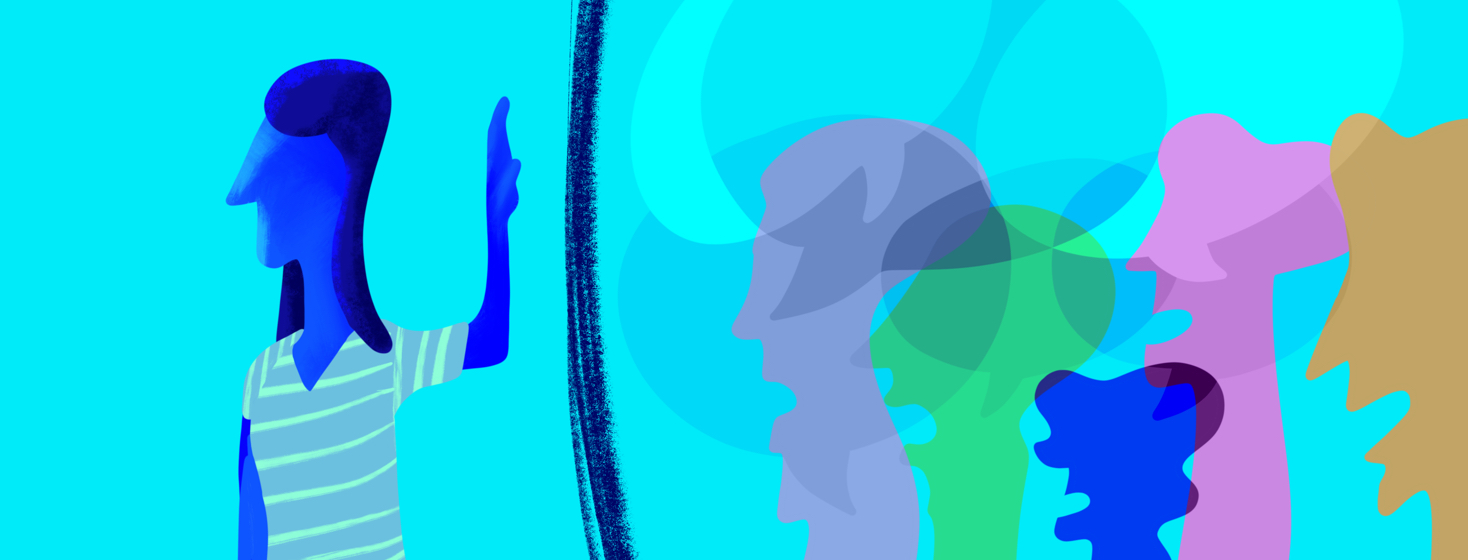The Biggest Misconceptions About Narcolepsy
Narcolepsy is not generally understood by the general public. In fact, many who have it are asked constantly: “What is that?” Even many of those who have heard of narcolepsy do not fully understand what the disease actually is and how symptoms affect the day-to-day lives of those living with it.
To hear more about the misunderstandings you have encountered on your journey, we reached out to our Facebook community and asked: “What is the biggest misconception about narcolepsy?”
Since we received responses from over 100 community members, we created 2 different articles to explore the many misconceptions that were shared. Check out our other article, The Biggest Misconceptions About People With Narcolepsy.
“The experience is the same for everyone.”
Like any diagnosis, narcolepsy affects people differently. The general public may only understand the disease from what they see on TV – where it is often used for comic relief. Some people do fall asleep mid-sentence, but this does not happen to everyone. The daytime drowsiness will affect people to different degrees. Likewise, hallucinations are possible, but do not affect everyone with narcolepsy.
“That the experience is the same for everyone.”
“I used to think that narcolepsy only meant you could not control sleep and that you just fall asleep any time.”
“After research, I found that narcolepsy has many different stages and types.”
“That we are automatically just falling asleep.”
Some people hear “sleep disorder” and assume that means that someone with narcolepsy can fall asleep wherever and whenever they want. In fact, many people with narcolepsy have difficulty staying asleep or enjoying normal, regular sleep. Their nights are filled with insomnia, vivid dreams, sleep apnea, and uncontrollable physical movements.
“That we are automatically just falling asleep.”
“That we all fall asleep uncontrollably.”
“Oh yeah, I get that sometimes.”
Narcolepsy is not simply feeling sleepy and needing a latte. Nor is it a condition you can “sometimes” have. If you have narcolepsy, it is a disorder that affects you every day of your life. While you may have good days, it does not mean you have escaped this disorder. For some reason, many people want to empathize by saying they also experience narcolepsy, but this just stems from their lack of knowledge.
"‘Oh yeah, I get that sometimes.’ People who say this are totally clueless and insulting!"
“To me, when someone says they are sleepy ‘just like me’ yet they do not have narcolepsy, it is a sign they just do not get it. They have no idea what sleepy is until they try to stay awake for 2 to 3 days straight. Then they can tell me they are sleepy just like me. Let me sit back and watch them try and make it through just one day after not sleeping for 2 to 3 days.”
“Medication helps so much, but it does not change the fact that I have narcolepsy.”
Not everyone knows that certain drugs can help narcolepsy. However, many wrongly believe that these drugs are a cure-all for the condition. While they can help people to some extent, they do not cure all of the symptoms and struggles that come with narcolepsy.
“That stimulants work for everyone.”
“People do not realize that medication helps so much, but it does not change the fact that I have narcolepsy. Medication does not make it so that the struggles just cease to exist.”
Thank you to everyone who shared information about their experiences with narcolepsy. We appreciate your honesty and willingness to share.

Join the conversation